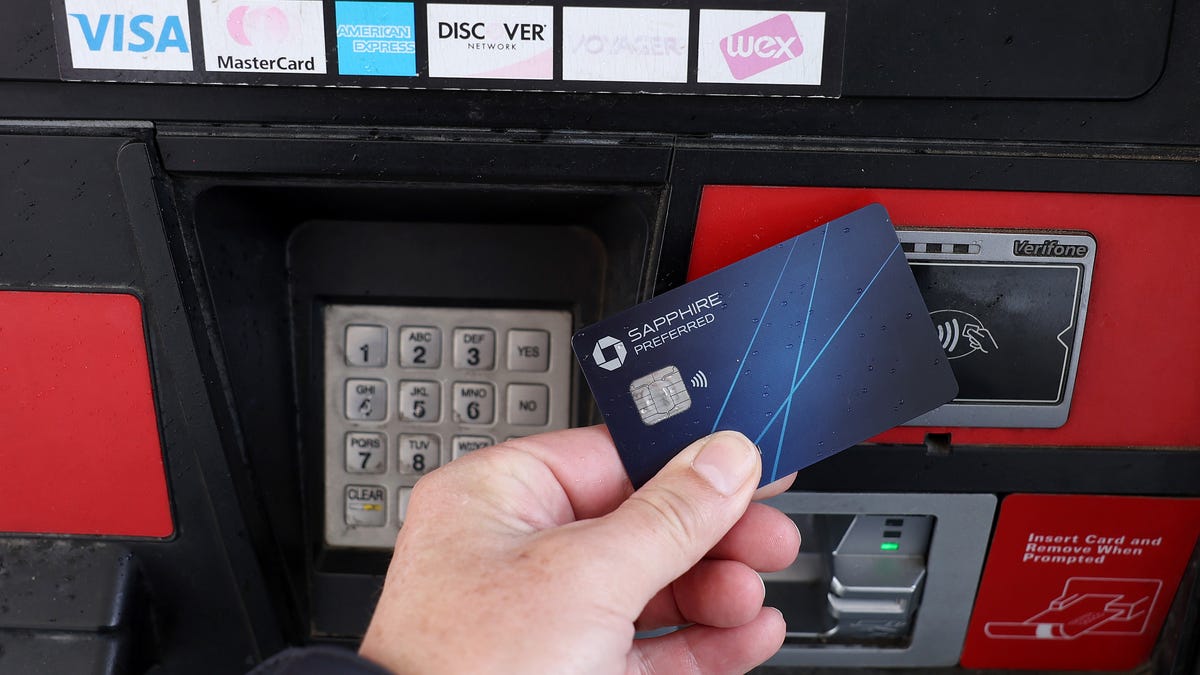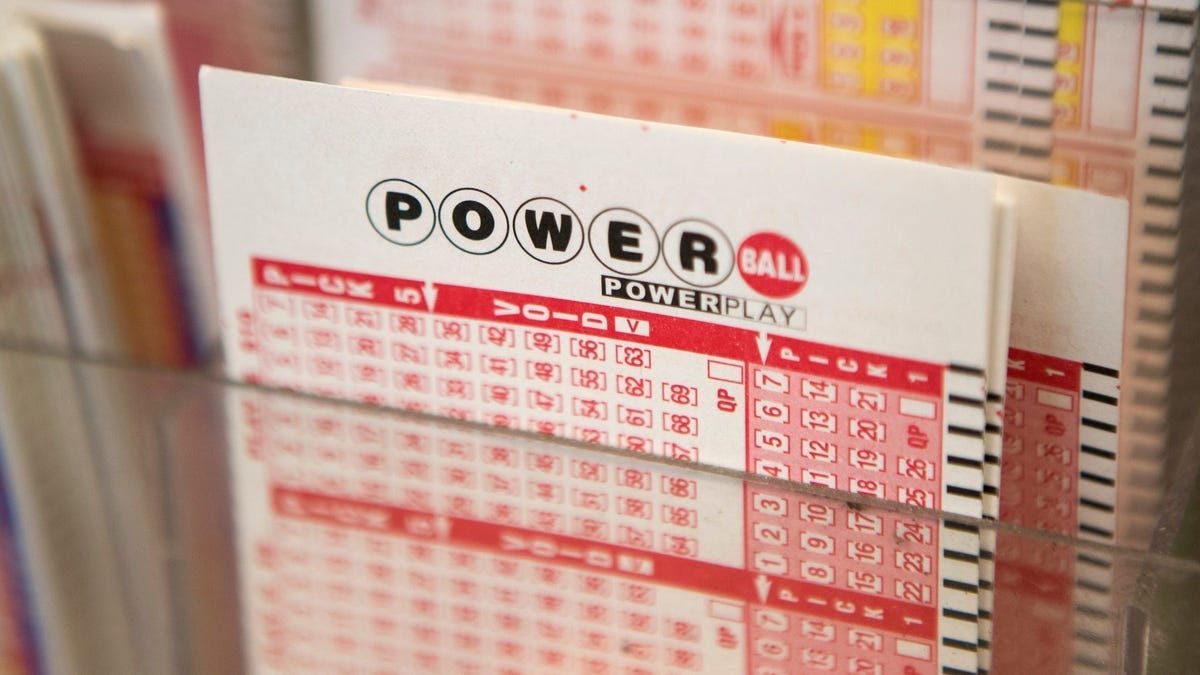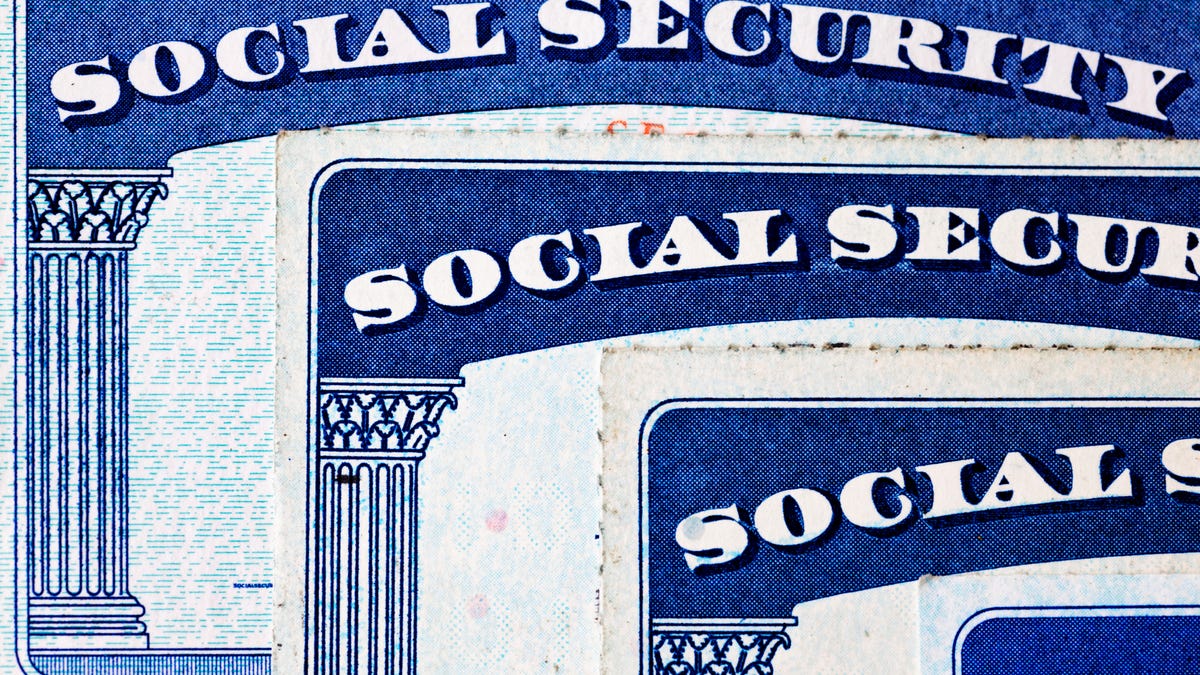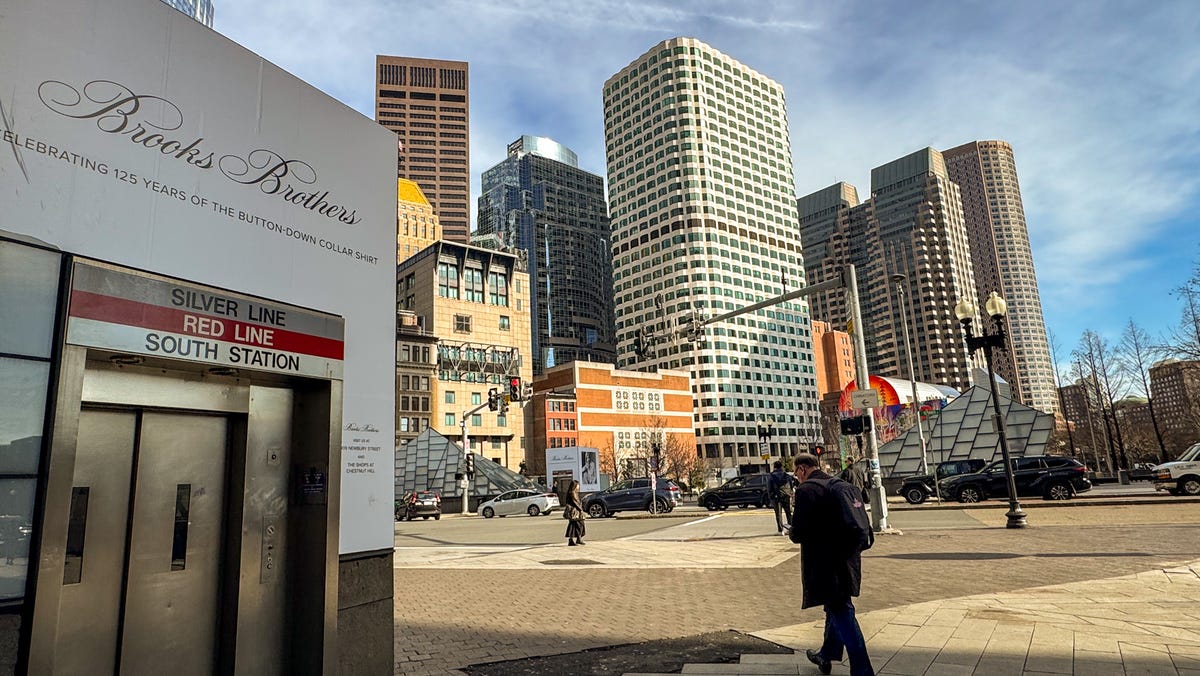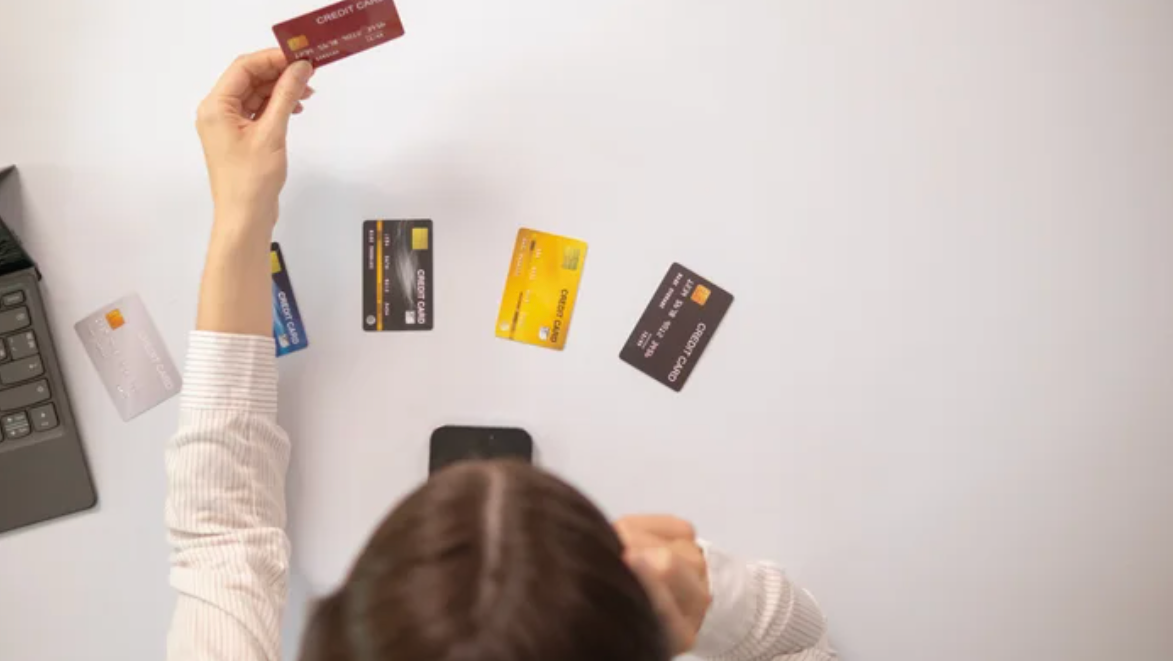
Americans owing record credit card debt are carrying debt for longer
Will the potential federal interest rate cuts help Americans unload credit card debt in the second half of 2024?
Scripps News
- Many Americans with credit card debt, especially high earners, lie about the amount they owe.
- The average credit card debt is $7,321 with an average interest rate of 21.4%, contributing to a national total of $1.2 trillion in credit card debt.
- Experts suggest paying more than the minimum, focusing on one card at a time, considering a 0% APR card, or contacting the credit card company for a lower rate to tackle credit card debt.
Credit card debt is an embarrassment to many Americans.
It is especially embarrassing, apparently, to people who earn a lot.
Roughly two-fifths of consumers with credit card debt have lied about the amount of their debt, according to a recent survey from LendingTree, an online lending marketplace.
Among those with card debt who earn more than $100,000 a year, the share who lie about it rises to half.
Experts say a credit card balance isn’t like other debt when it comes to guilt and shame.
A homeowner with a 4% mortgage interest rate might brag about it to the neighbors. A young adult might bemoan a student loan with a five-figure balance.
Compared to those debts, however, credit card debt can feel like an emblem of incautious spending, poor planning or bad budgeting.
“A lot of people see credit card debt as a sign of failure, and maybe a sign of weakness, or lack of discipline,” said Matt Schulz, chief consumer finance analyst at LendingTree.
America owes $1.2 trillion on its credit cards
LendingTree reports that the nation’s collective credit card balance is $1.2 trillion as of early 2025. Roughly 46% of cardholders carried a balance for at least one month in the past year. For cardholders with debt, the average amount is $7,321. The average credit card interest rate is a whopping 21.4%.
LendingTree surveyed 2,000 consumers in March and asked about their credit card habits. Among the findings:
- 39% of those with card debt said they had lied about it, most often to a partner, parent or sibling.
- Six-figure earners with card debt were more likely to lie about it than those earning less than $30,000, by a margin of 50% to 32%.
- 28% of consumers with card debt said they hadn’t discussed it with anyone. Women were more likely than men to keep mum.
High earners have credit card debt, too
Credit card debt might seem like a problem confined to lower-income Americans. However, LendingTree found that half of the six-figure earners have card debt, compared with 39% of those earning less than $30,000.
“People don’t expect people who earn a lot of money to have a lot of credit card debt,” Schulz said. “And the truth is that having a lot of money doesn’t mean you’re good at managing it.”
If you are saddled with card debt, here are some expert tips for working your way out of it.
Pay more than the minimum
If you’re determined to pay down your card balance, get aggressive. The minimum payment, calculated by the card company, typically covers only the interest due and 1% of the balance, said Ted Rossman, senior industry analyst at Bankrate.
To make a real dent, experts say, stop making new charges on the card. Then, bump up your payments. Consider a monthly sum equal to 5% of your gross income. Alternately, make double the minimum payment in the first month. Then, pay the same dollar amount in the following months, as the balance falls.
Divide and conquer your cards
If you have more than one credit card, experts say you should pick one and get serious about paying it off. Start with the card with the highest interest rate or the smallest balance.
If you pick the card with the smallest balance, you can pay it off quickly and score a psychological victory. If you choose the card with the highest interest, you will pay less interest over time.
Get a zero-APR credit card
While the average credit card interest rate now tops 20%, it’s still possible to sign up for a card that accrues no interest at all for a period of 15, 18 or 21 months.
Experts say that the zero-APR card can be a powerful tool for paying down debt because you pay no interest over the months of the promotion.
Be careful, though: Once the promotion ends, the card company will charge interest on any remaining balance.
Call the card company
Another way to pay off a card balance more quickly is to persuade the card company to lower your interest rate. Call the provider and ask if they would consider a rate reduction.
If that doesn’t work, consider contacting a nonprofit such as the Consumer Credit Counseling Service. Credit counselors can negotiate lower interest rates on your behalf.






